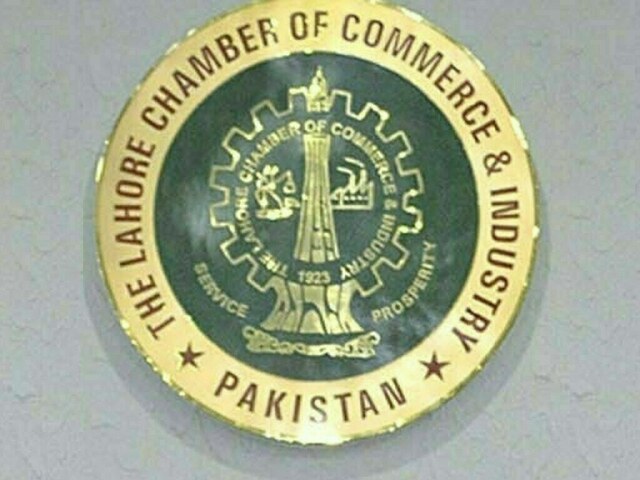LAHORE: Lahore Chamber of Commerce and Industry has urged the Federal Board of Revenue to review the recently issued SRO 578(I)/2025, citing severe operational challenges for industries, particularly cement dealers and small-to-medium enterprises (SMEs).
While talking to the delegation of All Pakistan Cement Dealers Association, President Lahore Chamber of Commerce and Industry Mian Abuzar shad said that the Lahore Chamber of Commerce and Industry appreciates the government’s intent to enhance tax documentation but the abrupt implementation and complex compliance requirements of S.R.O. 578(I)/2025 (dated April 8, 2025), risk disrupting business operations.
LCCI former Presidents Mian Anjum Nisar, Muhammad Ali Mian and former Vice Presidnet Fahim ur Rehman Saigol also spoke on the occasion. Muneer Chaudhry was leading the delegation while the delegation members Abdul Majeed Sheikh, Zohaib Nasir Butt, Ashraf Saeed Malik, Chaudhry Sajid Ali, Nauman Ahmad, Malik Waheed, Muhammad Asif Saeed, Rana Shair Ali, Asim Muneer, Tahir Hameed, Tariq Mahmood and Azhar Abbas also expressed their views.
The LCCI President said that the businesses must now submit exhaustive details of domestic purchases and sales in revised Annex-A and Annex-C formats. A newly introduced Annex-Cl requires taxpayers to reconcile each sales invoice with its corresponding payment—a provision that places an excessive burden on SMEs lacking digital accounting infrastructure.
Mian Abuzar Shad said that the business community is already grappling with persistent technical glitches in FBR’s electronic filing system, including frequent system crashes leading to data loss during return filings, Mismatched HS Codes and fixed Units of Measurement (UOM) causing input errors, Failures in uploading sales invoices in Annexure-C and inconsistencies across annexure and Unresolved issues from February 2025’s sales tax return filings, compounding delays.
He said that without transitional relief, the SRO could Jeopardize legitimate input tax claims due to procedural errors, trigger unnecessary audits and penalties for minor discrepancies, strain working capital cycles and especially for cement dealers and SMEs.
To mitigate these risks, the LCCI President proposed that FBR should allow businesses time to adapt to new requirements, engage chambers of commerce to refine the SRO’s framework, issue detailed guidelines on payment tracking and credit sales treatment, suspend penalties temporarily while providing training and IT support.
“While we fully support the government’s efforts to formalize the economy, reforms must balance compliance with practicality. The current SRO risks alienating SMEs, the backbone of Pakistan’s economy. We urge FBR to adopt an inclusive approach.”
Copyright Business Recorder, 2025


